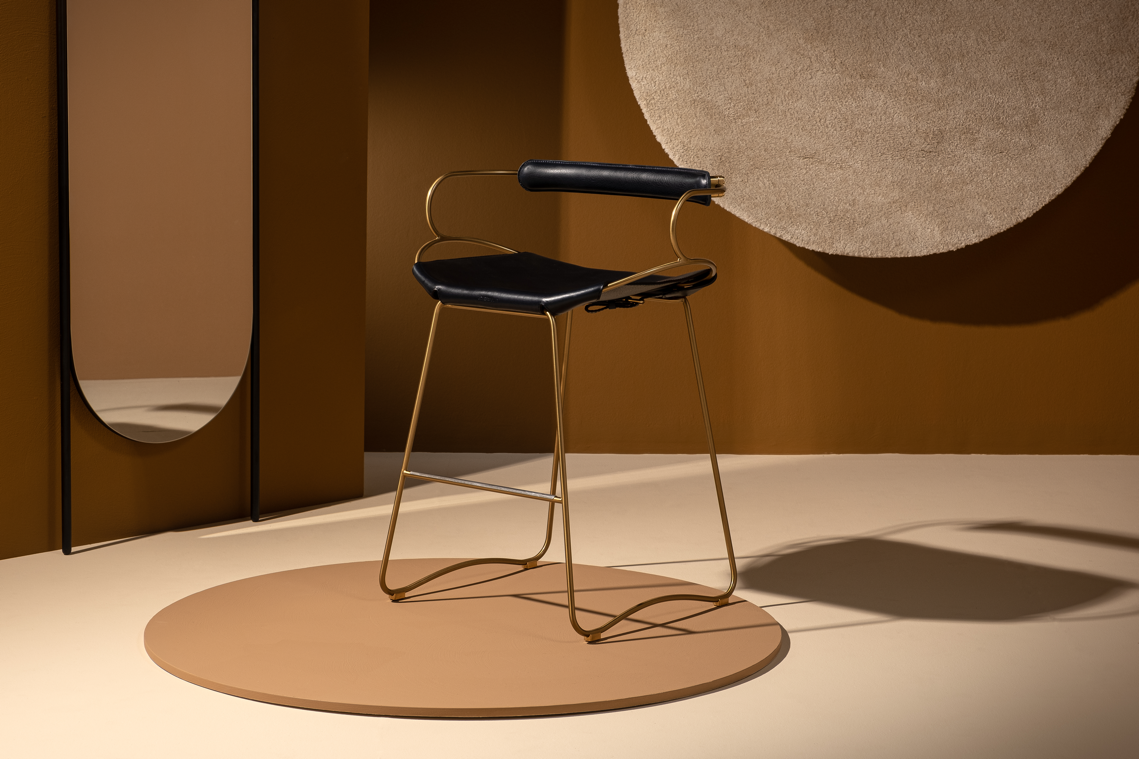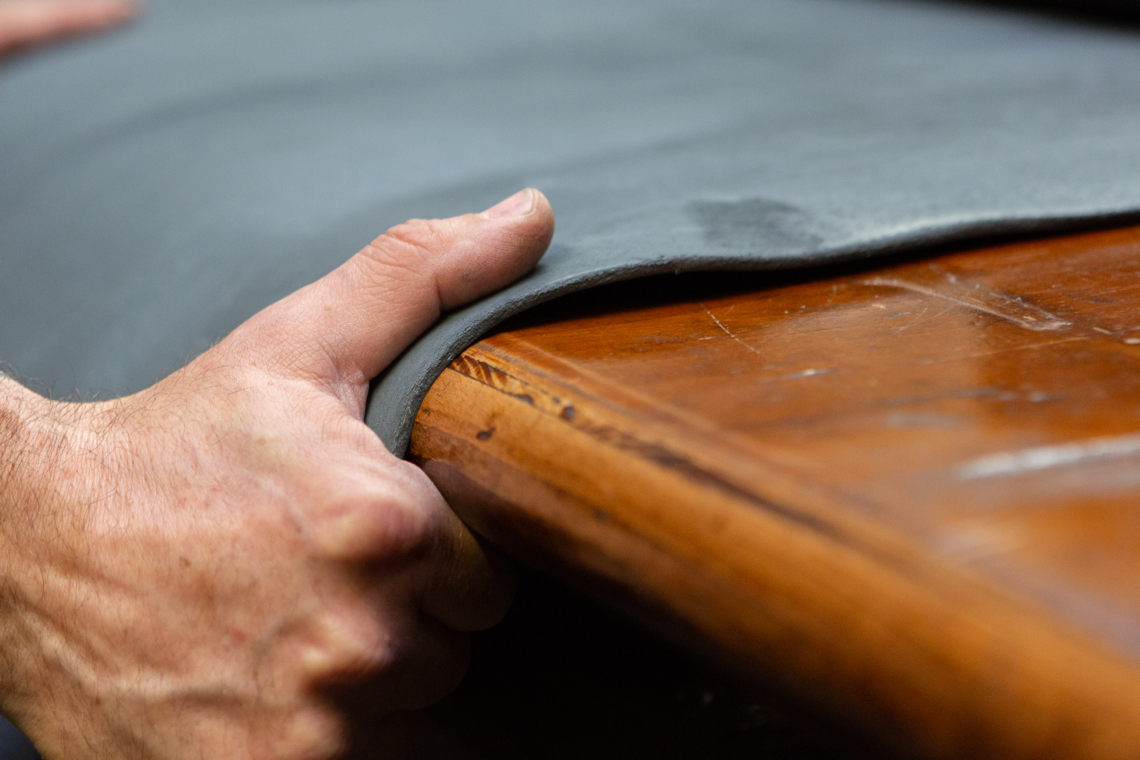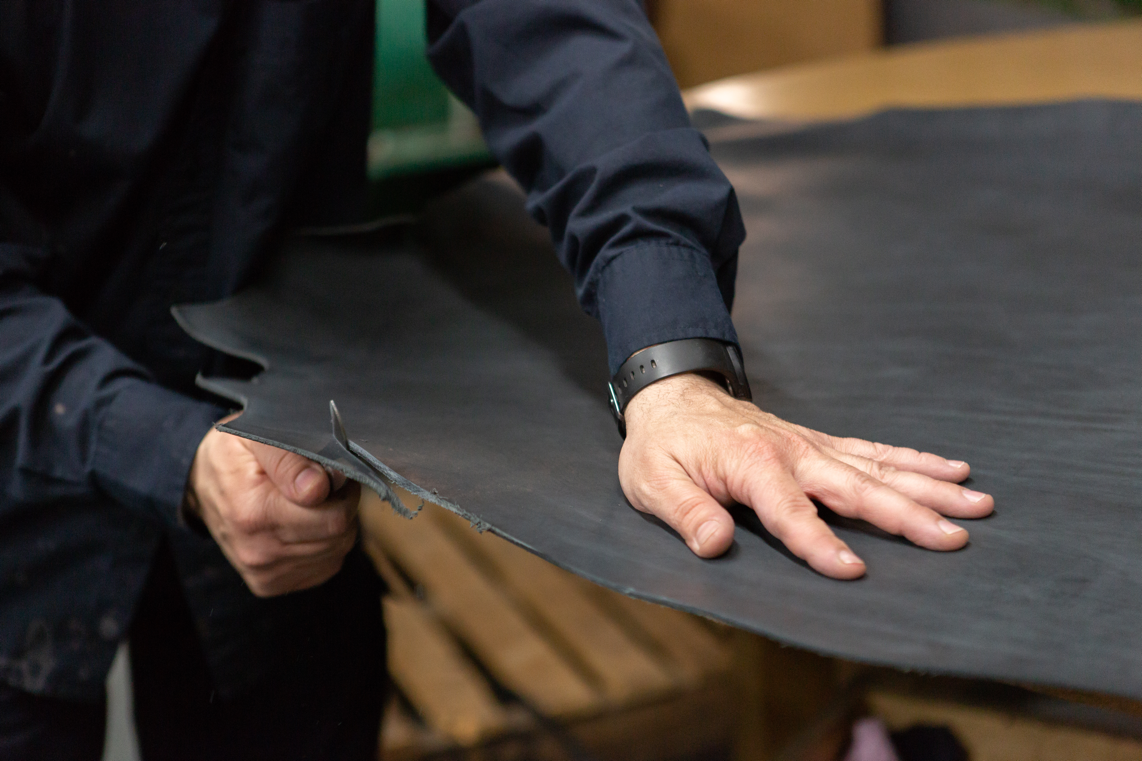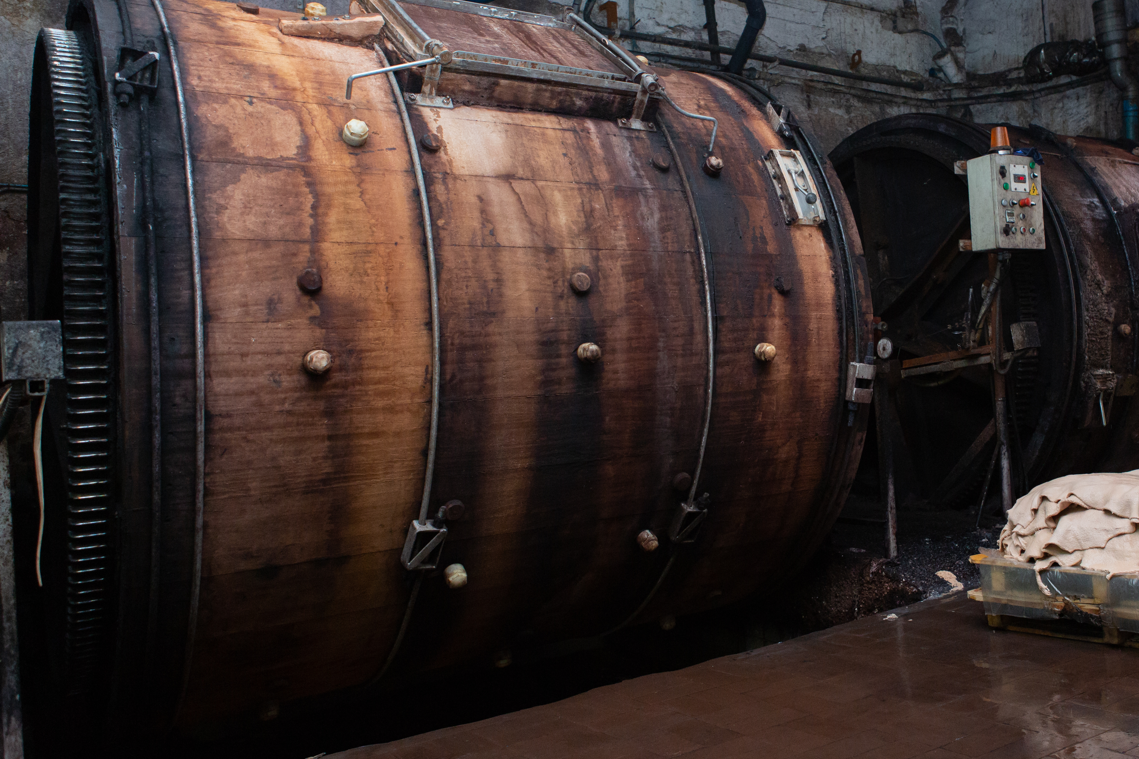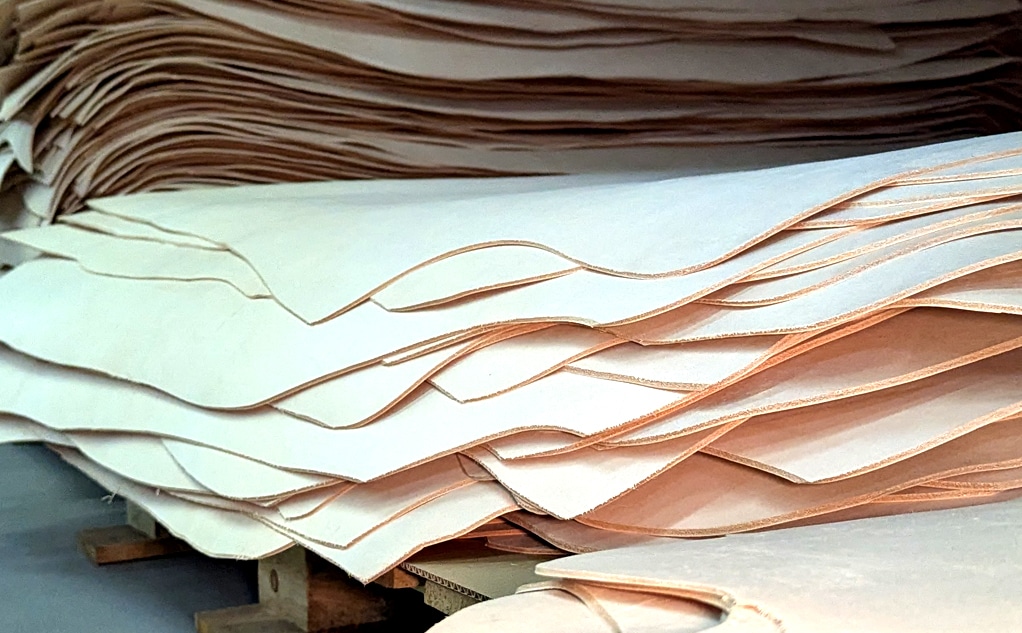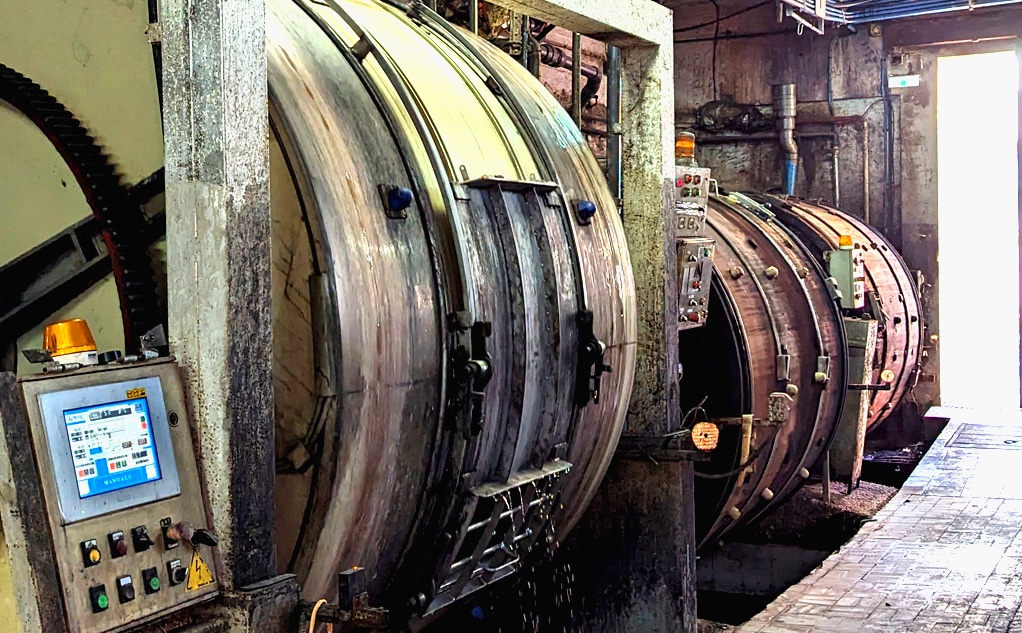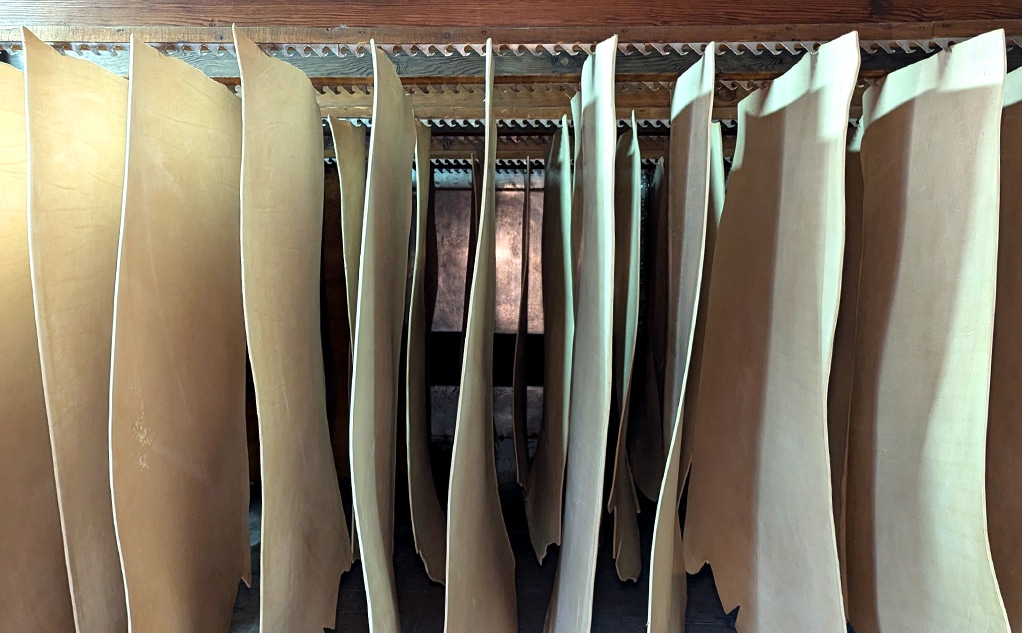
Echology
A project demonstrates the better biodegradability of leather compared to other materials
18 / 12 / 2023
Original content by: Lederpiel
The A3 Leather Innovation Center of the University of Lleida has recently presented the results of a biodegradability project based on compostability. Commissioned by Leather Cluster Barcelona, this initiative consisted of a scientific study to analyze the compostability of leather and other materials. The project concludes with scientific data that leather has a much greater degradation than synthetic and artificial alternatives that simulate hides. Furthermore, those responsible for the work confirm that materials that imitate leather have less resistance and permeability than leather.
The study aims to determine the differences at a physical and chemical level, as well as other thermometric properties, of seven different types of finished leather and three imitations of leather: a material of synthetic origin (commercially, imitation leather) and two alternatives based on raw materials of biological origin (pineapple and cactus) that try to imitate leather in the fashion industry (commercially, called “vegan leather”).
The work includes a complete physical and chemical characterization of the different materials under study, applying standardized methods of the leather sector on an international scale. Also included is a study of accelerated aging of the materials in a climatic chamber and their subsequent characterization, to determine what impact these extreme conditions have caused on the materials under study.
Once the composting process is completed, a leaching study of the different compounds is included with the aim of identifying the substances that the compounds release after experimentation.
Finally, a study of the volatile organic compound content of the ten samples under study is included. The objective is to determine if the different substrates contain volatile organic compounds (VOCs) of greater or lesser volatility, or of greater or lesser danger to the user.
Conclusions
One of the most relevant conclusions is that during the composting processes, while the different samples of natural leather analyzed present a total or partial degradation in a period of 21 to 35 days depending on the type of leather, the samples of alternative materials do not present any indication of degradation after 90 days of starting the compostability test.
Regarding physical properties, the alternative materials to leather studied show lower resistance and lower permeability, a fact that positions these materials with lower durability and well below the intrinsic qualities and properties of leather and for the uses to which they are intended. which is intended.
“The results of this project provide information and value to estimate with scientific rigor that leather of natural origin has much higher degradation rates than synthetic and artificial alternatives that want to imitate it,” say the scientists at A3 Leather Innovation Center.
Next steps
The biodegradability project will not end with the presentation of the study data, but both Leather Cluster Barcelona and A3 Leather Innovation Center UdL want to scale it up at the Jorba industrial composting facility in Barcelona.
With the scientific arguments derived from this project, Leather Cluster Barcelona wants to claim leather as an example of a circular economy and demand the correct use of the term leather only for those articles of natural origin. The term leather is used in many cases, but not always respecting the nature of its origin. Animal hides, used as a raw material to make consumer products, is a sustainable material with long durability and compostability. The leather tanning and finishing industry, as an agent of the circular economy, values this resource by preventing it from becoming waste.
«Leather imitations, both synthetic materials mostly made of polyvinyl chloride (PVC) or polyurethane (PU), as well as new fashion alternatives based on raw materials of organic origin from various industries, but produced with polymers derived from petroleum (the so-called vegan leather), are not biodegradable, recyclable or sustainable and will remain in landfills for centuries,” say those responsible for the project.
You can access the original article HERE
Continuar llegint
Newsletter
Subscriviu-vos a la nostra Newsletter i rebreu informació sobre allò que ens inspira, notícies, tendències i molt més.



